
Hu Xiaochun, sales manager of Zone China System (Nantong) Co Ltd, says that there are significant cultural differences in the Chinese market.
"Unlike the West, Chinese teenagers are often burdened with studies and examinations. They do not have enough time to play. Even if they have, there is still the process of market education, before they grow to like the game."
The company offers equipment packages for all types of laser tag equipment. It also provides assistance and advice on facility design, installation of laser equipment and training.
The best selling product of the company is a set that contains a vest and a laser tag gun, priced at about 10,000 yuan. The other hot product is a uniform and a laser tag gun for outdoor activities, priced at 6,000 yuan.
Though its products are made in China, Zone China products are more popular in overseas markets like the US, the UK and France. Hu says that overseas sales have been growing at a steady tick.
"In the last few months, we have been able to sell at least 50 packages every day," she says. "Laser tag players are relatively young, often aged between 10 to 30. Normally they play the game during a birthday party or kids camps or in shopping centers."
McCarrison from Delta Strike says that though such products are relatively new in China, it is only a matter of time before they gain market acceptance.
"Although our main focus has been international distribution, we know laser tag will soon be played in malls across China. We plan to have a quality assurance office in China to have better leverage in Asia."
The company believes that until the industry develops to reflect, or ideally to anticipate, consumer behavior, there is very little potential for growth. However, in the long run, the gaming and amusement industry will remain a key element of leisure spending.
Hanson from Niko Partners says that for foreign companies to succeed in China, they should have the right pricing strategy and also develop content that passes muster with local authorities.

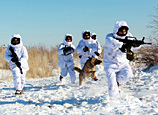
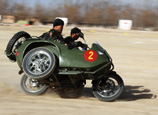
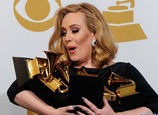
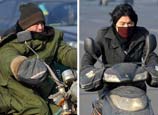
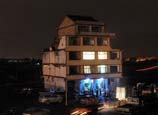
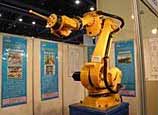

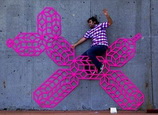






 Temperatures recorded since the end of November have marked the lowest to hit China in 28 years
Temperatures recorded since the end of November have marked the lowest to hit China in 28 years


![]()
